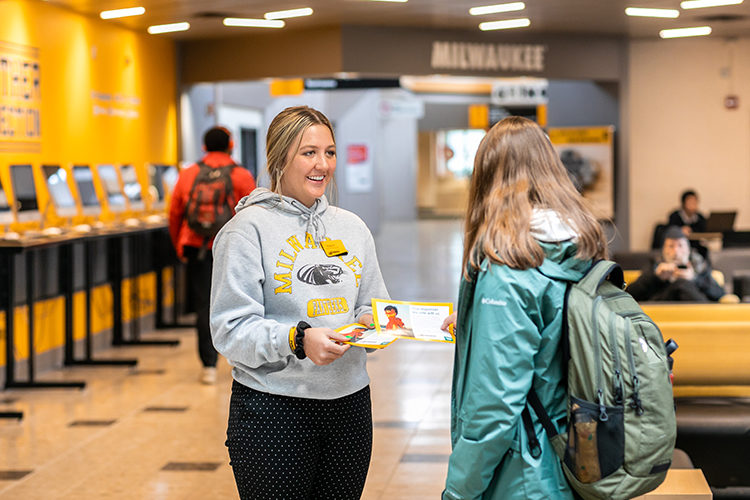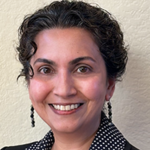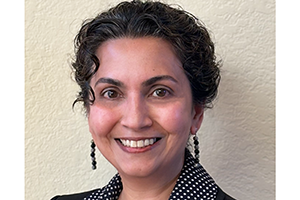As the 2020 census rolls on amid the coronavirus pandemic, UWM is working to make sure every student gets counted.
The U.S. Census Bureau notes that college students are among the most difficult groups to count, along with others who live in group quarters like service members and people in health care facilities. While the U.S. Census Bureau has a method for counting students in university residence halls, students who live off-campus can fall through the cracks.
“They assume that they’re going to be counted in their parents’ census,” said Keri Duce, director of external relations at UWM. “Or they’ll get it in the mail, but no one will touch it.”
The U.S. Census Bureau advises students to respond according to where they live for most of the year, not just where they are living on April 1, the census day. For students who rent houses off-campus, this means that they shouldn’t be added on to their parents’ census. They’re encouraged to fill it out themselves and use their address at UWM.
“Take that responsibility for yourself to make sure you’ve been counted,” Duce said.
Many students still nearby
While many students returned to their family homes when UWM closed residence halls in March, many remained near campus in off-campus housing, and some remained in residence halls.
Duce also notes that some college students, like international students, choose not to respond if they are not U.S. citizens. Others feel that the census has no impact on their lives. But choosing not to respond can hurt students more than they might realize, especially students who are active in the Milwaukee community, Duce said.
The census determines how many people are living in the United States as of April 1, 2020, regardless of citizenship status. The data from the census can affect communities for the next 10 years: The government uses the numbers from the census to determine how many members each state sends to the House of Representatives and what programs need funding at what levels.
The 2010 census data was used to allocate over $675 billion in federal funding. The federal government looks at the numbers from the census to see where the country is growing and decides which programs to funnel money into, such as education, health care and transportation. Local businesses and developers also look at census data to determine where to build, which can bring in new attractions or improved housing.
“You want to be counted. You want to know you’re getting resources to your community,” Duce said.
She said that the census is especially critical for students because census results can influence financial aid allocations. The Federal Pell Grant Program, a source of financial aid for students earning their bachelor’s degree, received over $29 billion as a result of the 2010 census data.
Census goes online
This year, the U.S. Census Bureau made responding even more accessible. For the first time, people can respond to the census online, as well as by mail or phone.
“If you’re a student and you see it in your email, in social media, that student is more likely to take it online,” Duce said.
To reach as many students as possible, UWM will include the link to the census in emails, on social media and on websites like the UWM Neighborhood Housing Office’s main site.
“Our website is very geared toward college students,” said Rylie Honold, external relations student assistant with the Neighborhood Housing Office. “With something as major as the census, our website makes it easy for college students to understand. I think they find this resource more valuable than them looking it up online and getting a whole bunch of information that might not make sense.”
Raising awareness
The Neighborhood Housing Office’s website has the link to the census, plus information on how to complete the census and answers to common questions, like concerns about confidentiality.
“The goal is just to raise awareness, to reach all students,” said Kathryn Amato, public records custodian at UWM and an organizer in the efforts to promote the census.
If students still have questions about the census and how to respond, Duce encourages students to ask the Neighborhood Housing Office, which will be available through virtual meetings through the end of the semester.
“We’re trying to help students understand how they can be active in their community and do their civic duty,” she said. “It’s about educating students that it’s something they really need to do.”







